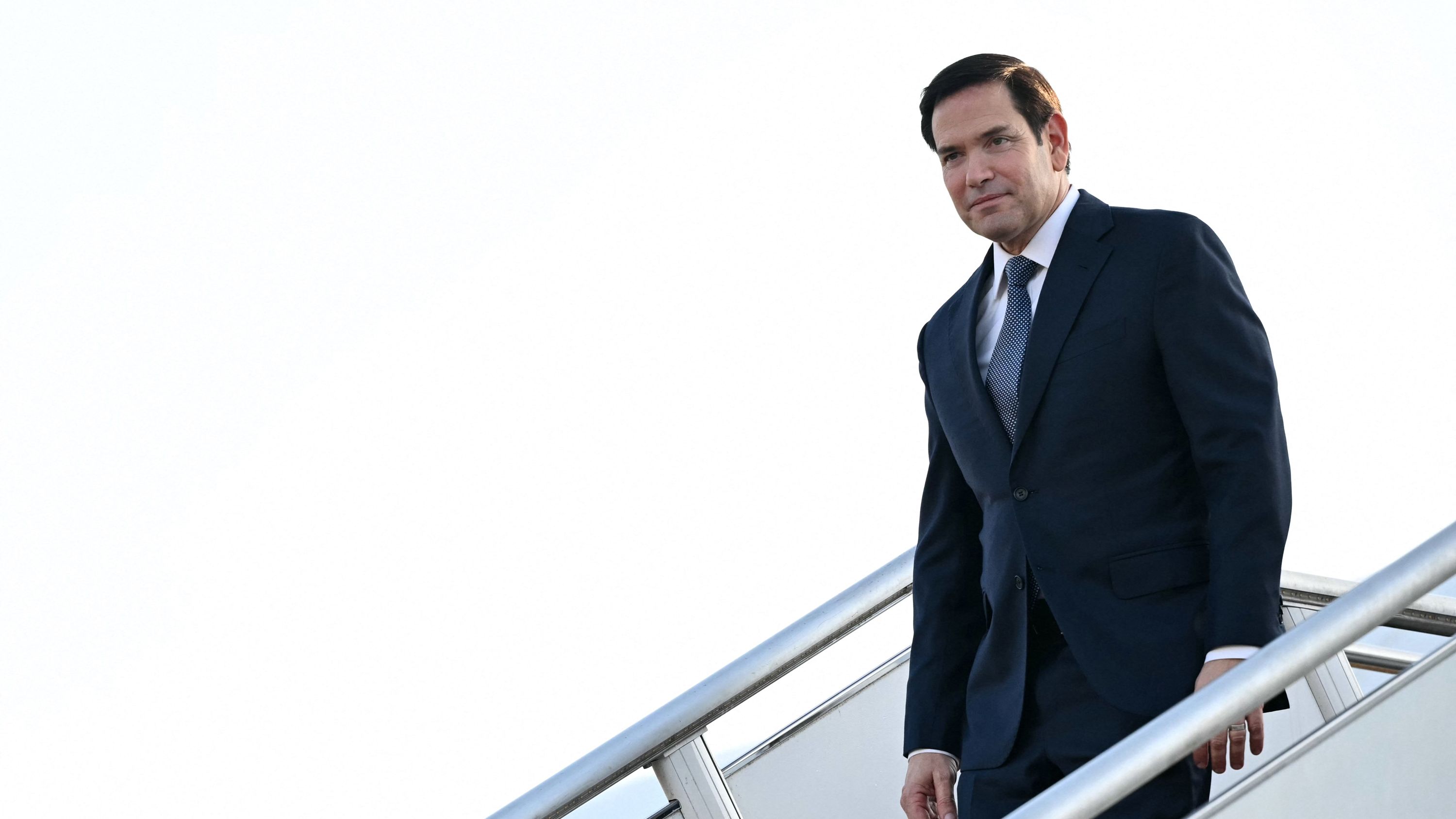High-Stakes U.S.-Russia Talks in Kuala Lumpur: What It Means for Global Diplomacy and Security

Diplomatic Spotlight: Lavrov and Rubio Commence High-Stakes Talks in Kuala Lumpur
A Momentous Start to U.S.-Russia Dialogue in Malaysia
Kuala Lumpur today becomes the focal point of international diplomacy as Russian Foreign Minister Sergey Lavrov and U.S. Secretary of State Marco Rubio officially initiate their much-anticipated meeting. As the world watches, the two officials begin discussions during the annual Association of Southeast Asian Nations (ASEAN) Regional Forum, where key diplomatic partners assemble to address pressing global challenges. This gathering holds increased relevance given the current climate, marked by deepening tensions and evolving security dynamics between Washington and Moscow.
Historical Context and the Weight of the Moment
Rubio’s arrival in Kuala Lumpur represents his inaugural trip to the region in his capacity as Secretary of State, making these talks especially significant. For Lavrov, the setting provides both a familiar diplomatic arena and a fresh backdrop for engagement with U.S. leadership. This is only the second encounter between Rubio and Lavrov in person, their first taking place earlier this year in Saudi Arabia. Notably, both diplomats are navigating a landscape shaped by renewed U.S. military assistance to Ukraine and intensifying Russian military operations, factors that frame the discussions now underway.
Strategic Stakes: Ukraine and the Shifting Global Order
Underlying the formal protocols of today’s meeting are substantial stakes for global security. The recent U.S. decision to resume shipments of defensive weaponry to Ukraine—after a temporary pause for internal reviews—has elicited strong reactions from Moscow and heightened the urgency around U.S.-Russia dialogue. The backdrop of increased Russian airstrikes and ongoing debates about the prospects for peace adds gravity to these bilateral talks, with each side entering the room keenly aware of the strategic calculations at play.
ASEAN Forum: The Broader Diplomatic Stage
Held in tandem with the ASEAN Foreign Ministers’ Meeting, this encounter is not occurring in isolation. The forum brings together all ten ASEAN member states, along with major external stakeholders including China, Japan, South Korea, the European Union, and the United States. The presence of Chinese Foreign Minister Wang Yi and other regional leaders underscores the interconnected nature of today’s negotiations, as issues ranging from security in Ukraine to broader regional disputes—such as the South China Sea—intersect and influence each other.
Core Terminology and Pivotal Elements
At the center of the dialogue are critical terms familiar to observers of international relations: defensive weapons shipments, bilateral diplomacy, strategic stability, and regional security. The terminology reflects not only the technical components of the meeting’s agenda but also the deeper currents shaping the interactions between the two countries. With the resumption of arms deliveries and continued debates over peace initiatives, both sides must navigate a delicate balance of firmness and flexibility.
Key Milestones and Unfolding Developments
This session in Kuala Lumpur marks a pivotal milestone in the ongoing diplomatic engagement between the United States and Russia. The fact that it is taking place during a high-profile regional event amplifies its importance, as outcomes could reverberate well beyond the immediate participants. Observers are closely monitoring not only the substance of the conversation but also the tone and signals conveyed, with every gesture and statement potentially foreshadowing the trajectory of U.S.-Russia relations in the months ahead.
Looking Ahead: Implications for Global Diplomacy
As Lavrov and Rubio engage in this critical meeting, the eyes of the world remain fixed on Kuala Lumpur. The outcome may influence the direction of international efforts to address conflict, enhance security cooperation, and manage competition among great powers. In the context of evolving alliances and shifting balances, the discussions initiated today could play a decisive role in shaping the next chapter of engagement between Moscow and Washington, with ripple effects across the broader global order.
